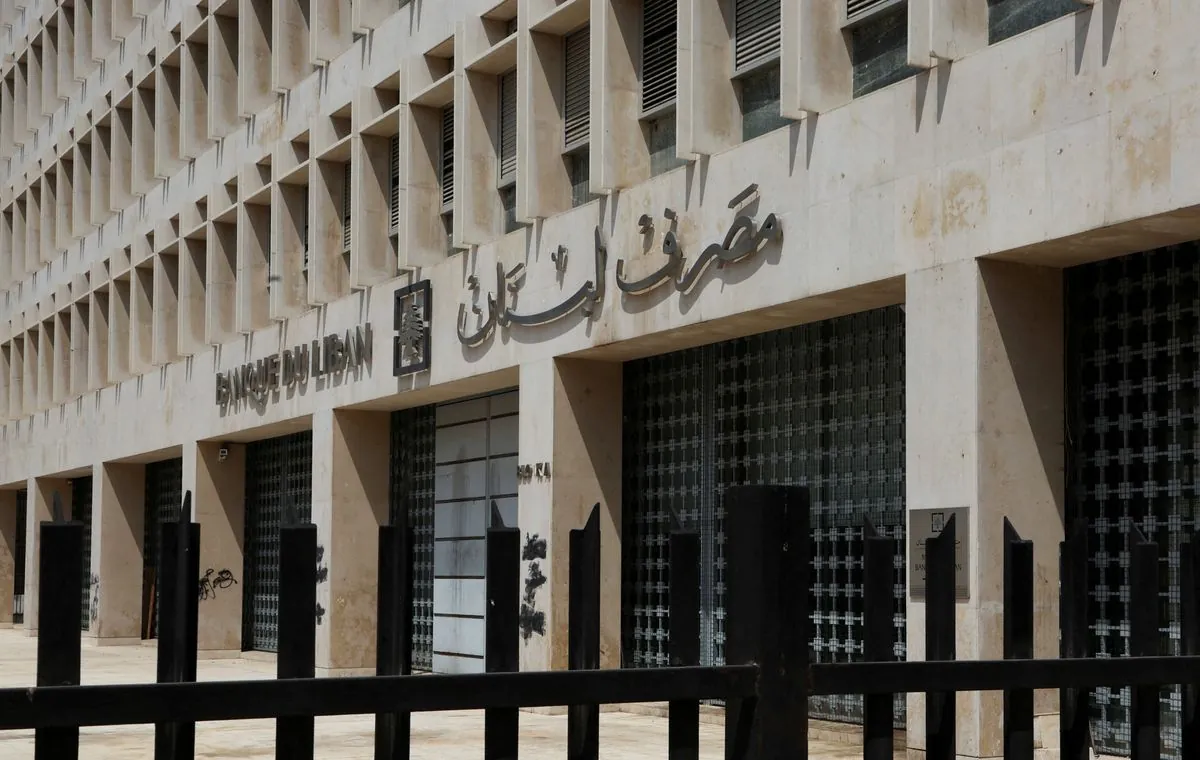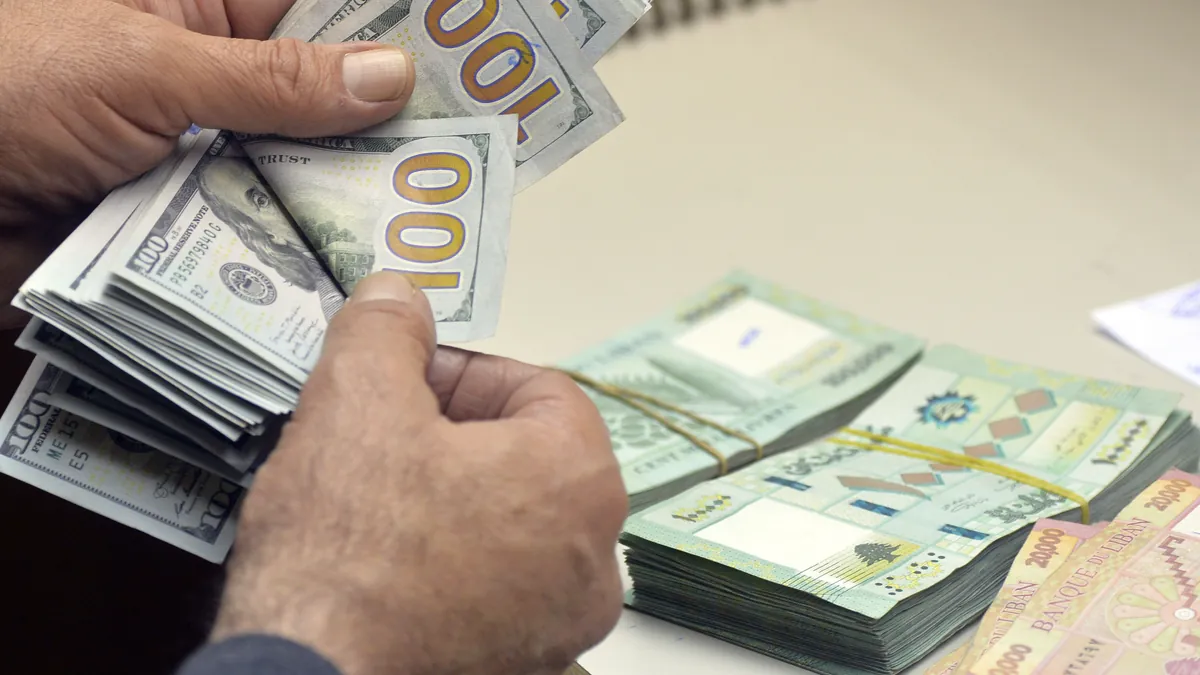Lebanon Strives to Avoid FATF Grey Listing Amid Economic Turmoil
Lebanon's central bank works to prevent FATF grey listing, which could further damage its struggling economy. The country faces an October deadline to address financial regulation gaps amidst ongoing crisis.

Lebanon's financial sector is facing a critical juncture as it strives to avoid being added to the Financial Action Task Force's (FATF) grey list of countries under special scrutiny. Wissam Mansouri, the acting governor of Lebanon's central bank, has emphasized the ongoing efforts to prevent this potential setback.
The FATF, established in 1989 to combat money laundering, is set to make a final decision on Lebanon's status in October 2024. This comes after a preliminary evaluation in May 2023 indicated that the country warranted grey-listing due to gaps in its financial regulations.
Lebanon's economy has been in freefall since 2019, with the Lebanese pound losing over 90% of its value. The World Bank has described this crisis as one of the worst globally since the mid-19th century. The country's GDP contracted by a staggering 58% between 2019 and 2021, highlighting the severity of the economic downturn.

Mansouri addressed a meeting of the Union of Arab Banks in Beirut, stating:
"The Financial Action Task Force (FATF) will issue a decision this coming fall and we are still working hard to prevent Lebanon from being placed on the grey list."
He acknowledged that Lebanon had received low scores on measures to confiscate illicit wealth and address money laundering, emphasizing the need for an action plan to address these remaining gaps.
The potential grey-listing poses significant risks to Lebanon's already fragile economy. It could disrupt capital flows, damage the country's reputation, and lead to higher transaction costs. Banks might cut ties with Lebanese customers to reduce compliance costs, further isolating the country's financial system.
Lebanon's financial woes are compounded by ongoing regional conflicts. The past 10 months have seen hostilities between Hezbollah, a major political and military force in Lebanon, and the Israeli military, running parallel to the Gaza war.
The country's central bank, Banque du Liban, established in 1963, faces the challenge of navigating these complex issues. Lebanon has been slow to implement key reforms requested by the International Monetary Fund (IMF) in April 2022, which are prerequisites for a potential $3 billion aid package.
As Lebanon approaches the October 2024 deadline, it must address several areas of concern, including anti-money laundering measures, transparency on beneficial ownership of firms, and legal assistance in asset freezing and confiscation. The country's banking secrecy laws, in place since 1956, have been a point of contention in financial reforms.
The outcome of the FATF decision will be crucial for Lebanon's economic future, potentially impacting its ability to attract foreign investment and rebuild its shattered economy. As the country grapples with multiple crises, including hosting over 1 million Syrian refugees and recovering from the devastating 2020 Beirut port explosion, the stakes for avoiding grey-listing could not be higher.


































